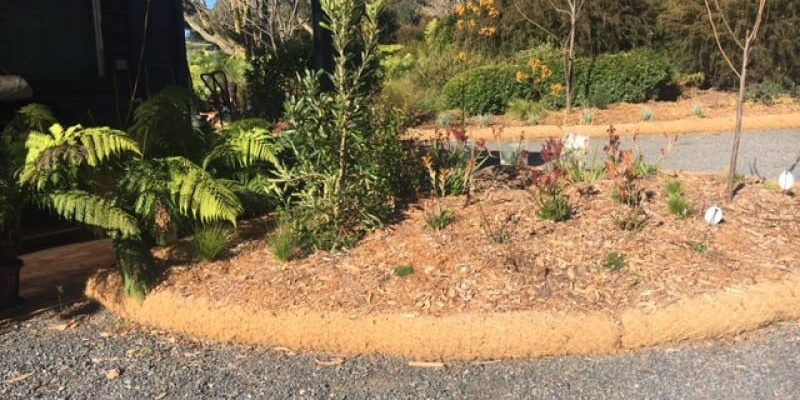Coir logs, the cylindrical structures made from coconut husk fibers, are playing a crucial role in protecting water resources through sustainable practices. As communities around the world grapple with the challenges of water pollution and degradation, coir logs offer an eco-friendly solution to safeguarding these valuable aquatic ecosystems.
One of the primary benefits of coir logs is their ability to filter and purify water. When placed in water bodies such as lakes, ponds, or rivers, the coconut fibers within the logs act as a natural filtration system. They effectively trap sediment, pollutants, and excess nutrients, preventing them from entering the water and causing contamination. This filtration process not only improves water quality but also creates a healthier habitat for aquatic organisms.
Coir logs also serve as a barrier against soil erosion and sedimentation, which are major contributors to water pollution. By strategically installing coir logs along riverbanks or shorelines, they mitigate the impact of erosion caused by water currents and wave action. This helps to stabilize the soil and prevents sediment from being washed into water bodies, thus preserving the clarity and ecological balance of the water.
In addition to their water protection properties, coir logs are sourced from sustainable and renewable materials. Coconut husks, which would otherwise be considered waste, are repurposed to create these logs. This not only reduces the demand for synthetic materials but also contributes to the circular economy by utilizing a byproduct of the coconut industry. The cultivation and production of coir logs also have a minimal carbon footprint, further enhancing their sustainability credentials.
Moreover, coir logs promote the restoration and growth of vegetation along water bodies. The fibrous structure of the logs provides an ideal environment for plants to root and thrive. As vegetation takes hold within and around the coir logs, it acts as a natural buffer, preventing soil erosion and providing shade and shelter for aquatic species. The presence of vegetation also helps to maintain water temperature and oxygen levels, supporting the overall health of the ecosystem.
In conclusion, coir logs offer a sustainable approach to protecting water resources. Their filtration capabilities, erosion control properties, and support for vegetation growth contribute to the preservation and restoration of aquatic ecosystems. By embracing these eco-friendly practices, communities can play an active role in safeguarding their water resources for future generations, promoting sustainability and resilience in the face of water-related challenges.



